Serbian president meets with top EU official
Serbia cannot make any moves that would lead toward its recognition of Kosovo, Serbian President Tomislav Nikolić said in New York on Thursday.
Thursday, 27.09.2012.
09:14

NEW YORK Serbia cannot make any moves that would lead toward its recognition of Kosovo, Serbian President Tomislav Nikolic said in New York on Thursday. Nikolic made the statement after his meeting with EU foreign policy chief Catherine Asthon on the sidelines of the UN General Assembly. Serbian president meets with top EU official Abolishing the local authorities and courts in northern parts of Kosovo would lead to that, he explained, and added that the negotiations with the Pristina authorities "will be raised to a higher level both in Serbia and the EU". Kosovo's ethnic Albanians in early 2008 unilaterally declared independence, which Serbia rejected as illegal. Northern parts of the province are majority Serb, with the local population rejecting the authority of the Kosovo Albanian government in Pristina, and functioning within the Serbian government system. The EU "does not expect Serbia to recognize Kosovo", Ashton assured Nikolic, according to reports quoting the Serbian president. He also stressed that the authorities "had no intention of approaching such a scenario even indirectly", and said this indirect route would be taken if Serbia were to shut down the institutions of the local authorities in the north. "We have reached the end of the road when it comes to fulfilling demands that take us closer to recognizing Kosovo," Nikolic stated after his meeting with Ashton. He reiterated that abolishment of the institutions in the north of the province - which is one of the conditions "some EU member-states, Germany in particular", are insisting on - would lead precisely to the promotion of Kosovo's independence. "And that is something you cannot expect from this government," Nikolic remarked. Ashton, meanwhile, expressed her readiness to personally take over the coordination of the EU-sponsored Belgrade-Pristina dialogue, once it has been resumed. The dialogue was originally launched in March 2011 and was previously coordinated by Robert Cooper. Ashton's involvement would mean that the EU also believes that the job should be handled by top officials. According to Nikolic, it is a job for the prime minister, the foreign minister, or even himself - "if such assistance is required". "Serbia's strategy for a continued dialogue will be defined as soon as I return from New York," Nikolic announced, and added that he had told Ashton that Serbia intended to honor all previous obligations stemming from the talks - "although some of them are political". He also said that he had "promised" that Serbia would not be fulfilling "European conditions" only ahead of some important decisions made by the EU, but that instead, "the cooperation will be constant". The president informed Ashton that his country maintained good relations "with other countries as well", and that it had to turn to Russia in order to be given a loan to support the state budget - "since no other country was willing to grant that loan". Ashton reportedly reacted to this "positively", saying that the EU "did no object to Serbia's good relations with other countries". With Thursday's meeting, Nikolic's stay in New York is drawing to a close. In his speech before the UN General Assembly on Tuesday, the Serbian president said that he did not see the point in the Kosovo or the EU dilemma and that he could not put such a question before the citizens. At the same time Nikolic promised to implement the agreements reached with Pristina but stressed that it seemed to him that the dialogue represented fulfillment of wishes of the Albanian side. The Serbian president met with NATO Secretary General Anders Fogh Rasmussen and pointed out that he expected NATO to perform its duties in Kosovo in a status neutral manner. Speaking ahead of his meeting with the EU foreign policy chief on Thursday, Nikolic commented on speculations that Ashton could offer some kind of agreement on good neighborly relations between Belgrade and Pristina as a starting point for the continuation of the negotiations, to say that he “was not an interlocutor” in such talks. “Mrs. Ashton knows that I am not an interlocutor for talks on good relations with Kosovo as a state. She has an interlocutor in me for a good life in Kosovo, for peace and security, for investments but not for being good neighbors one day and I think that the Serbian citizens know that very well and that they elected me because of it,” he told Radio Television of Serbia (RTS). The president also asked Serbian politicians not to come out with their own ideas, such as statements on the partition or good neighborly relations with Kosovo until Belgrade reached a consensus on a program it wanted to implement in Kosovo. He noted that he did not want to sit at the negotiating table with Kosovo’s PM Hashim Thaci until there was suspicion that he was directly involved in crimes against the Serbs and until the international investigation proved that those allegations were not true. Thaci has already met with Ashton in New York. He is not allowed to participate in debates at the 67th sitting of the UN General Assembly but is allowed to attend, and is present under the auspices of the UN mission in Kosovo, UNMIK. Tomislav Nikolic (Beta, file) B92 Tanjug
Serbian president meets with top EU official
Abolishing the local authorities and courts in northern parts of Kosovo would lead to that, he explained, and added that the negotiations with the Priština authorities "will be raised to a higher level both in Serbia and the EU".Kosovo's ethnic Albanians in early 2008 unilaterally declared independence, which Serbia rejected as illegal. Northern parts of the province are majority Serb, with the local population rejecting the authority of the Kosovo Albanian government in Priština, and functioning within the Serbian government system.
The EU "does not expect Serbia to recognize Kosovo", Ashton assured Nikolić, according to reports quoting the Serbian president. He also stressed that the authorities "had no intention of approaching such a scenario even indirectly", and said this indirect route would be taken if Serbia were to shut down the institutions of the local authorities in the north.
"We have reached the end of the road when it comes to fulfilling demands that take us closer to recognizing Kosovo," Nikolić stated after his meeting with Ashton.
He reiterated that abolishment of the institutions in the north of the province - which is one of the conditions "some EU member-states, Germany in particular", are insisting on - would lead precisely to the promotion of Kosovo's independence. "And that is something you cannot expect from this government," Nikolić remarked.
Ashton, meanwhile, expressed her readiness to personally take over the coordination of the EU-sponsored Belgrade-Priština dialogue, once it has been resumed. The dialogue was originally launched in March 2011 and was previously coordinated by Robert Cooper.
Ashton's involvement would mean that the EU also believes that the job should be handled by top officials. According to Nikolić, it is a job for the prime minister, the foreign minister, or even himself - "if such assistance is required".
"Serbia's strategy for a continued dialogue will be defined as soon as I return from New York," Nikolić announced, and added that he had told Ashton that Serbia intended to honor all previous obligations stemming from the talks - "although some of them are political".
He also said that he had "promised" that Serbia would not be fulfilling "European conditions" only ahead of some important decisions made by the EU, but that instead, "the cooperation will be constant".
The president informed Ashton that his country maintained good relations "with other countries as well", and that it had to turn to Russia in order to be given a loan to support the state budget - "since no other country was willing to grant that loan".
Ashton reportedly reacted to this "positively", saying that the EU "did no object to Serbia's good relations with other countries".
With Thursday's meeting, Nikolić's stay in New York is drawing to a close.
In his speech before the UN General Assembly on Tuesday, the Serbian president said that he did not see the point in the Kosovo or the EU dilemma and that he could not put such a question before the citizens.
At the same time Nikolić promised to implement the agreements reached with Priština but stressed that it seemed to him that the dialogue represented fulfillment of wishes of the Albanian side.
The Serbian president met with NATO Secretary General Anders Fogh Rasmussen and pointed out that he expected NATO to perform its duties in Kosovo in a status neutral manner.
Speaking ahead of his meeting with the EU foreign policy chief on Thursday, Nikolić commented on speculations that Ashton could offer some kind of agreement on good neighborly relations between Belgrade and Priština as a starting point for the continuation of the negotiations, to say that he “was not an interlocutor” in such talks.
“Mrs. Ashton knows that I am not an interlocutor for talks on good relations with Kosovo as a state. She has an interlocutor in me for a good life in Kosovo, for peace and security, for investments but not for being good neighbors one day and I think that the Serbian citizens know that very well and that they elected me because of it,” he told Radio Television of Serbia (RTS).
The president also asked Serbian politicians not to come out with their own ideas, such as statements on the partition or good neighborly relations with Kosovo until Belgrade reached a consensus on a program it wanted to implement in Kosovo.
He noted that he did not want to sit at the negotiating table with Kosovo’s PM Hashim Thaci until there was suspicion that he was directly involved in crimes against the Serbs and until the international investigation proved that those allegations were not true.
Thaci has already met with Ashton in New York. He is not allowed to participate in debates at the 67th sitting of the UN General Assembly but is allowed to attend, and is present under the auspices of the UN mission in Kosovo, UNMIK.












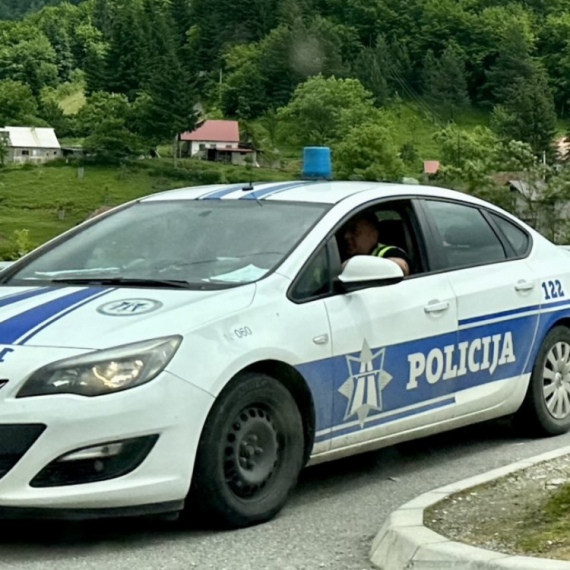


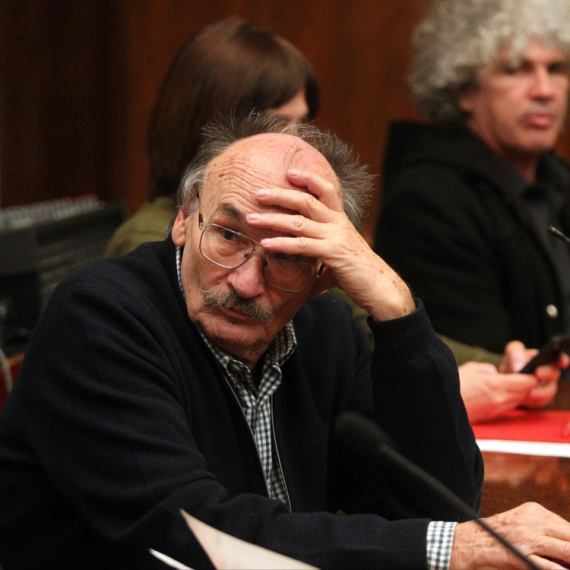
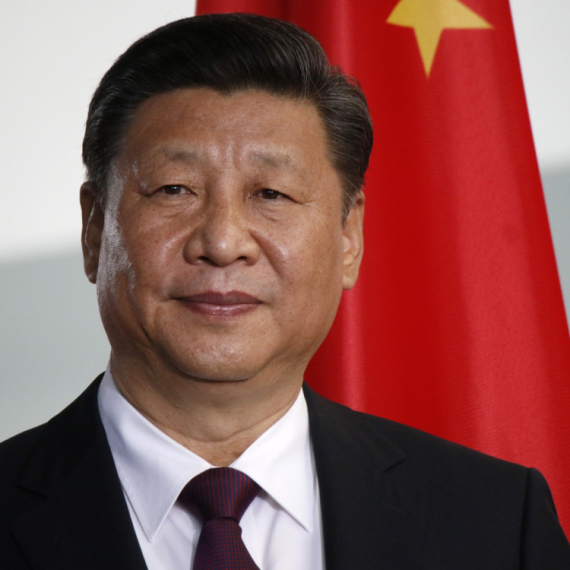




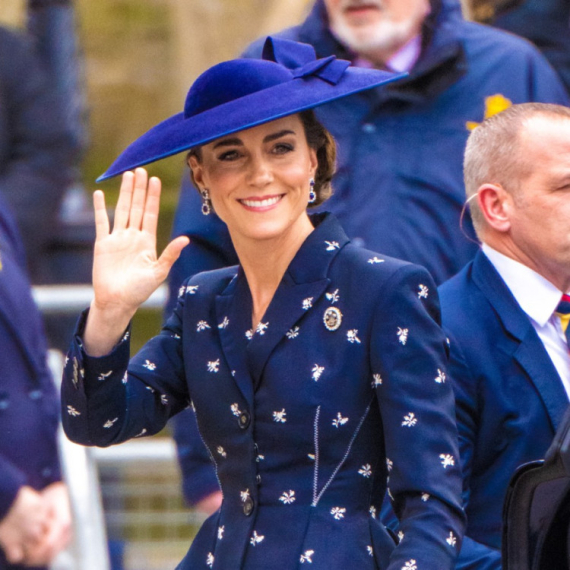
















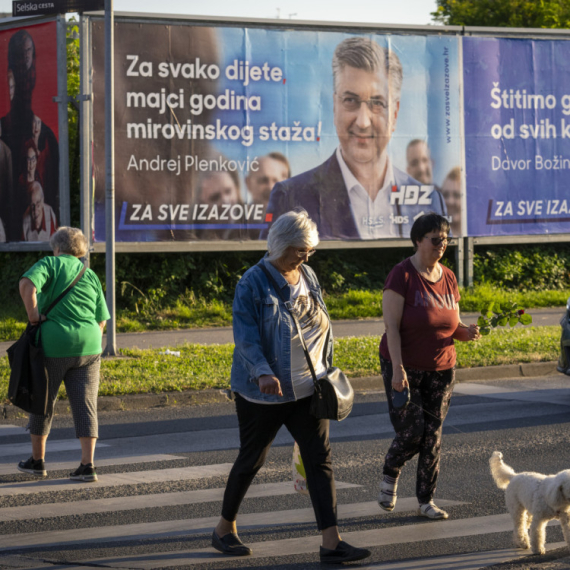



















Komentari 27
Pogledaj komentare